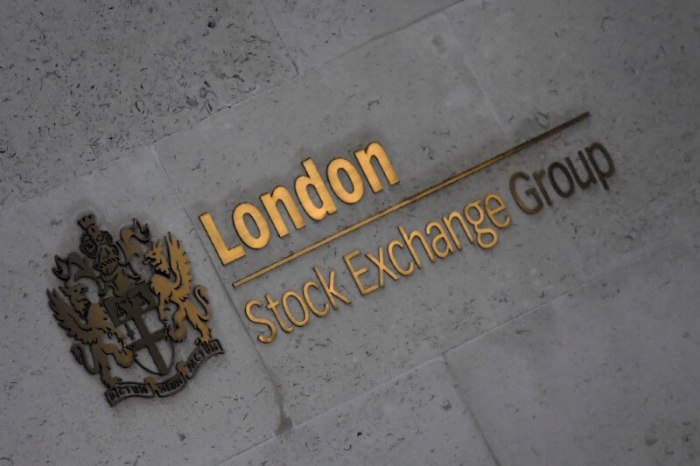By Rod Nickel and Kelsey Johnson
WINNIPEG, Manitoba/OTTAWA (Reuters) – In 35 years of working in Alberta’s oil patch, home to the world’s third-largest crude reserves, Ray Mildenberger endured a volatile industry’s ups and downs without being laid off.
That changed in October, when Mildenberger, 60, and five co-workers of an oil service company in Grande Prairie, Alberta, lost their jobs. Mildenberger turned to selling truck parts to pay the mortgage – the first job of his career outside the oil industry.
“I took the first thing I could secure,” he said. “There have been a lot more lay-offs here lately. I consider myself lucky.”
Alongside the lay-offs, local food banks report strains from rising demand, while across the province oil wells have shut down. But although global oil and crop prices have slumped since the boom years of 2008-2014, the root causes of Alberta’s problems are uniquely Canadian.
Canola exports, another mainstay of the western economy, have been hit by a diplomatic dispute with major buyer China, and the federal government’s frayed relations with indigenous peoples have stymied attempts to boost oil transport capacity.
Albertans, known for an independent streak to rival Texans, blame Liberal Prime Minister Justin Trudeau. He was re-elected in October, but lost his parliamentary majority and failed to win a single seat in Alberta. A Western separatist movement – #Wexit – has sprung up.
“It has been a long five years of an economic downturn and people blame the Trudeau government. Everybody knows somebody who’s lost their job,” said Duane Bratt, a political science professor at Mount Royal University.
Trudeau named former Foreign Minister Chrystia Freeland, an Alberta native, to spearhead his efforts in the West. This week, the government is hearing Alberta’s case for an increase in economic aid, though it has yet to promise it.
Alberta’s economic growth slowed to 0.6% in 2019, from 2.2% in 2018, intensifying pressure on Trudeau to complete a pipeline needed to move the province’s crude to international markets, and to resolve the fight with China that has hurt canola sales.
“WINDOW DRESSING”
Bank of Canada Governor Stephen Poloz said last month that Alberta was still adjusting to weaker oil prices. Benchmark U.S. crude prices have stabilized around $60 a barrel after recovering from multi-year lows in 2016. But the current price is still down 43% from 2014.
Moody’s credit rating agency downgraded Alberta this month, citing in part its dependence on oil.
The bigger problem for the oil patch, though, is not lower prices but the struggle to expand pipelines that would allow producers to ship more crude. The capacity to transport crude has lagged the ability to produce it – leading to an inland glut in Alberta.
So wide was the discrepancy, the Alberta government forced producers this year to cut output, a rarity for any oil-producing country outside of OPEC.
Trudeau’s government bought the Trans Mountain pipeline in 2018, only for courts to twice rule against its approval due to inadequate consultation with aboriginal people.
“If Justin Trudeau wants to quell Western separation sentiment he needs to declare the Trans Mountain expansion in the national interest,” said Peter Downing, co-founder of #Wexit. “Everything else is window dressing.”
Downing’s movement remains small for now, but Alberta’s conservative Premier Jason Kenney endorses its complaint that the west is hamstrung by federal rules.
“Ottawa needs to unleash us to be able to develop our resources, get to global markets, get a fair price from them and not tie us down with an endless number of new laws and regulations,” the province’s top elected official told reporters this month.
The Trudeau government is aware of Alberta’s problems, spokesman Matt Pascuzzo said in an email.
“Now is the time to listen to people’s concerns and priorities, and to chart a path forward together,” Pascuzzo said.
HIGH SPENDING, LOW TAXES
To be sure, Alberta still has Canada’s strongest provincial economy by most measures – it is just not as robust as it once was, said Trevor Tombe, associate professor of economics at University of Calgary.
Tombe said the provincial government could also do more by retraining those who lost lucrative oil jobs. Its C$8.7-billion deficit reflects high spending and low taxes, he added. Alberta is the only province without a sales tax.
Adding to Alberta’s woes is China’s sharp reduction this year of Canadian canola buying. Relations between Ottawa and Beijing have been icy since police in Vancouver arrested Huawei Technologies Co Ltd Chief Financial Officer Meng Wanzhou on a U.S. warrant a year ago.
For farmers, low prices have been compounded by waterlogged fields that left crops unharvested before winter.
“This will be one of the worst years we’ve experienced,” said Andre Harpe, 55, who farms near Valhalla Centre, Alberta.
In Grande Prairie, a city of 55,000 inhabitants about 60 km (37 miles) to the southeast, a rising number of people have used the food bank since oil prices crashed in 2014, said Captain Peter Kim, executive director of the Salvation Army’s local branch.
“It’s not just the single moms with their children,” he said. “There are people who have vehicles, have mortgages, and yet they have to use the food bank.”
Former oil industry worker Mildenberger says no one in the capital is listening.
“We’re not a country,” he said. “We’re 10 areas that support one area, Ottawa.”
(Reporting by Rod Nickel in Winnipeg, Manitoba and Kelsey Johnson in Ottawa; Editing by Steve Scherer and Alex Richardson)

















